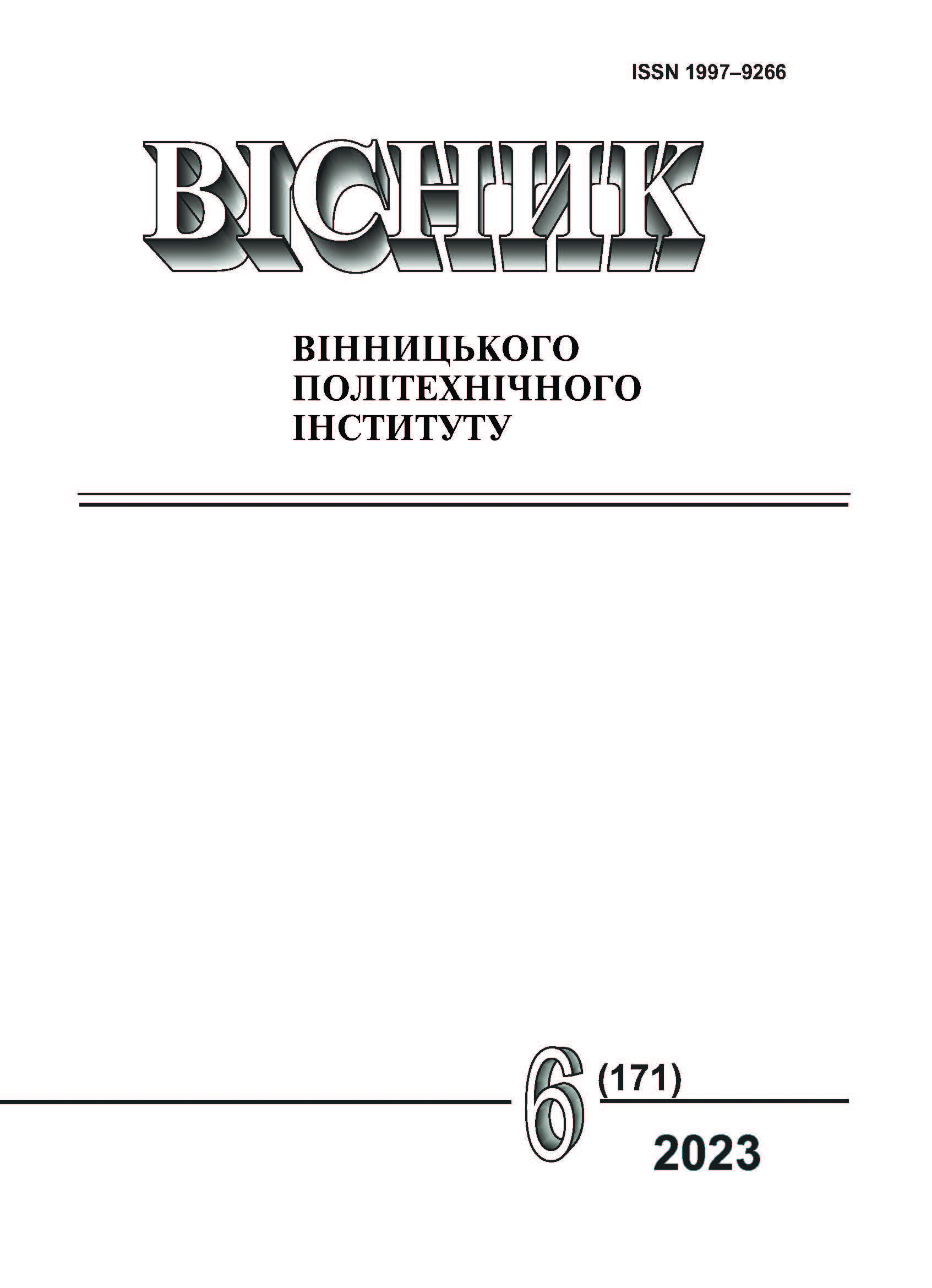Synthesis of Mathematical Models of the Process of Recovery and Development of Electrical Energy of Ukraine, Approached to the Realities of Today’s Military
DOI:
https://doi.org/10.31649/1997-9266-2023-171-6-6-13Keywords:
draft plan, process of recovery and development, electric power industry of Ukraine, deterministic mathematical models, correction, conditions of the military situation, autoregression modelAbstract
Analysis of the section "Energy security" from the "Project of the Recovery Plan of Ukraine" proposed in 2022 by the National Council for the Recovery of Ukraine was carried out, the Project is accessible at: https://www.kmu.gov.ua/storage/app/sites/1/ recoveryrada/ua/restoration-and-development-of-infrastructure.pdf. It was established that the deterministic models of the process of recovery and development of the energy industry of Ukraine, proposed in the “Project of the Recovery Plan of Ukraine" in the "Energy Security" section in the form of diagrams and transformed by us into mathematical structures with the help of a computer program, do not correspond to the realities of the present military situation, and therefore require correction; it is shown that in order to take into account the realities of the military present in the proposed deterministic models, it is necessary to introduce a stochastic component, for the implementation of which it is advisable to use the method of generating pulses of stationary "white noise" with parameters calculated according to estimates of the degree of destruction of energy infrastructure objects using the computer program, proposed in this paper; it is substantiated that the more adequate models of the process of restoration and development of the power industry of Ukraine are autoregression models, the order of which is determined based on the real terms of restoration of energy infrastructure objects, and the Yule-Walker method is used to determine the weighting factors with its implementation in the form of a computer program developed by the authors of this article, but placed in the previous author's work, indicated in the list of used literature for this article under number 7.
References
Національна рада з відновлення України, «Проект Плану відновлення України». Розділ «Енергетична безпека», 2022, 164 с. [Електронний ресурс]. Режим доступу: https://www.kmu.gov.ua/storage/app/sites/1/recoveryrada/ua/restoration-and-development-of-infrastructure.pdf .
Б. І. Мокін, О. Б. Мокін, і Д. О. Шалагай, «Перші два етапи системного аналізу плану відбудови енергетики України в напрямку інтеграції в неї відновлювальних джерел,» Вісник Вінницького політехнічного інституту, № 3, с. 42-47, 2023. https://doi.org/10.31649/1997-9266-2023-168-3-47-54.
Ольга Буславець, 28 лютого 2023. [Електронний ресурс]. Режим доступу: https://www.facebook.com/ olhabuslavets/posts/pfbid0jCwzcCNaLCCSHx93MMeRv9KLs7Tn8Fny7wJWwffZSzgoYJq7pCbVgNKz9ttZGwWPl .
Р. Н. Кветний та ін., Методи та алгоритми комп’ютерних обчислень. Теорія і практика, підруч. Вінниця: ВНТУ, 2023, 280 с. ISBN 978-966-641-924-1.
Б. І. Мокін, В. Б. Мокін, і О. Б. Мокін, Навчальний посібник для опанування студентами способів розв’язання задач з функціонального аналізу мовою Python. Частина 1. Вінниця: ВНТУ, 2022, 124 с. ISBN 978-966-641-892-3.
Б. І. Мокін, В. Б Мокін, і О. Б. Мокін, Функціональний аналіз, адаптований до прикладних задач в галузі інформаційних технологій, навч. посіб. Вінниця: ВНТУ, 2020, 192 с. ISBN 978-966-641-796-4.
Б. І. Мокін, В. Б Мокін, і О. Б. Мокін, Навчальний посібник для опанування студентами способів розв’язання задач з функціонального аналізу мовою Python. Частина 2. Вінниця: ВНТУ, 2023, 144 с. ISBN 978-966-641-926-5.
Downloads
-
PDF (Українська)
Downloads: 256
Published
How to Cite
Issue
Section
License

This work is licensed under a Creative Commons Attribution 4.0 International License.
Authors who publish with this journal agree to the following terms:
- Authors retain copyright and grant the journal right of first publication.
- Authors are able to enter into separate, additional contractual arrangements for the non-exclusive distribution of the journal's published version of the work (e.g., post it to an institutional repository or publish it in a book), with an acknowledgment of its initial publication in this journal.
- Authors are permitted and encouraged to post their work online (e.g., in institutional repositories or on their website) prior to and during the submission process, as it can lead to productive exchanges, as well as earlier and greater citation of published work (See The Effect of Open Access).





